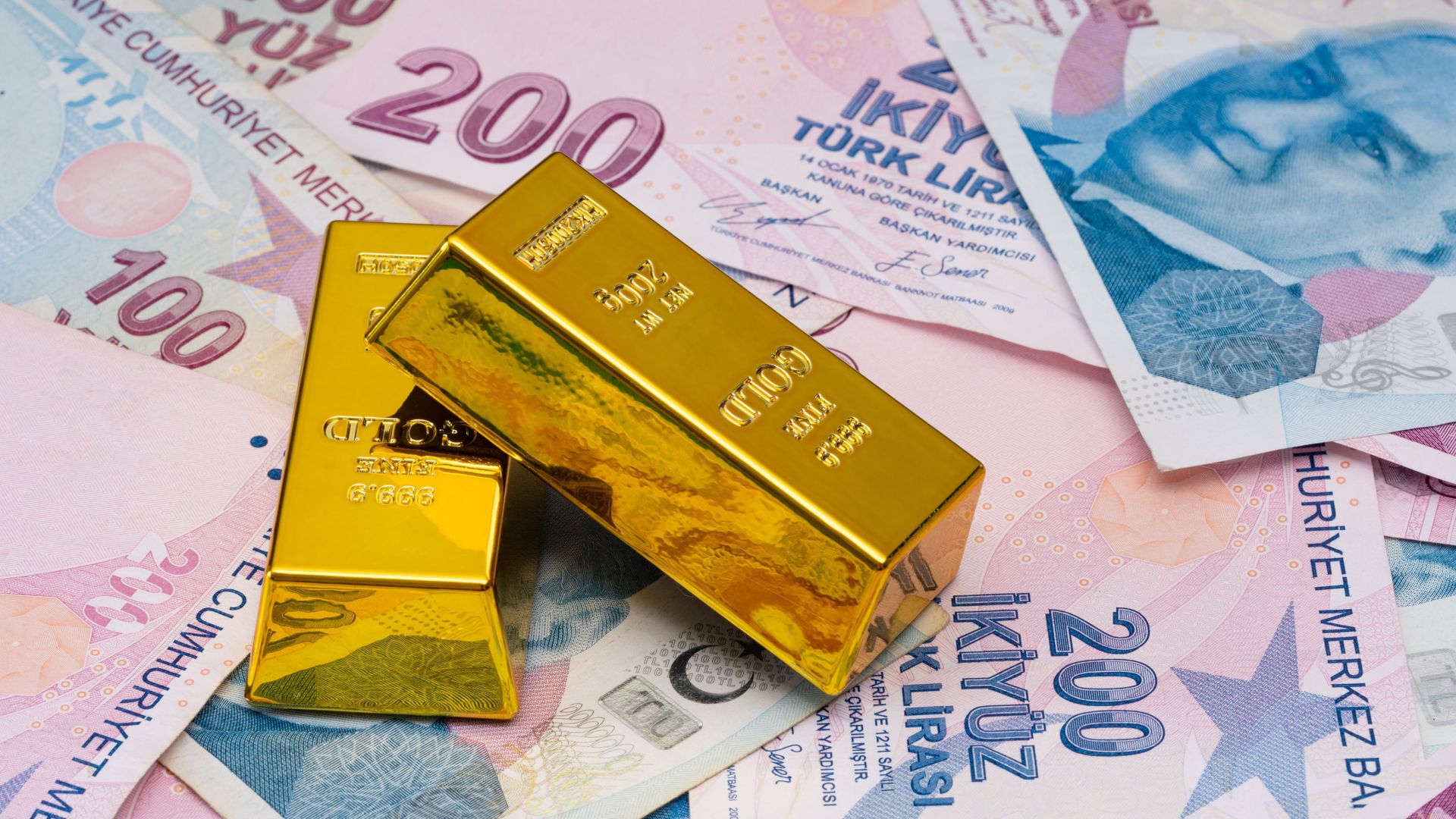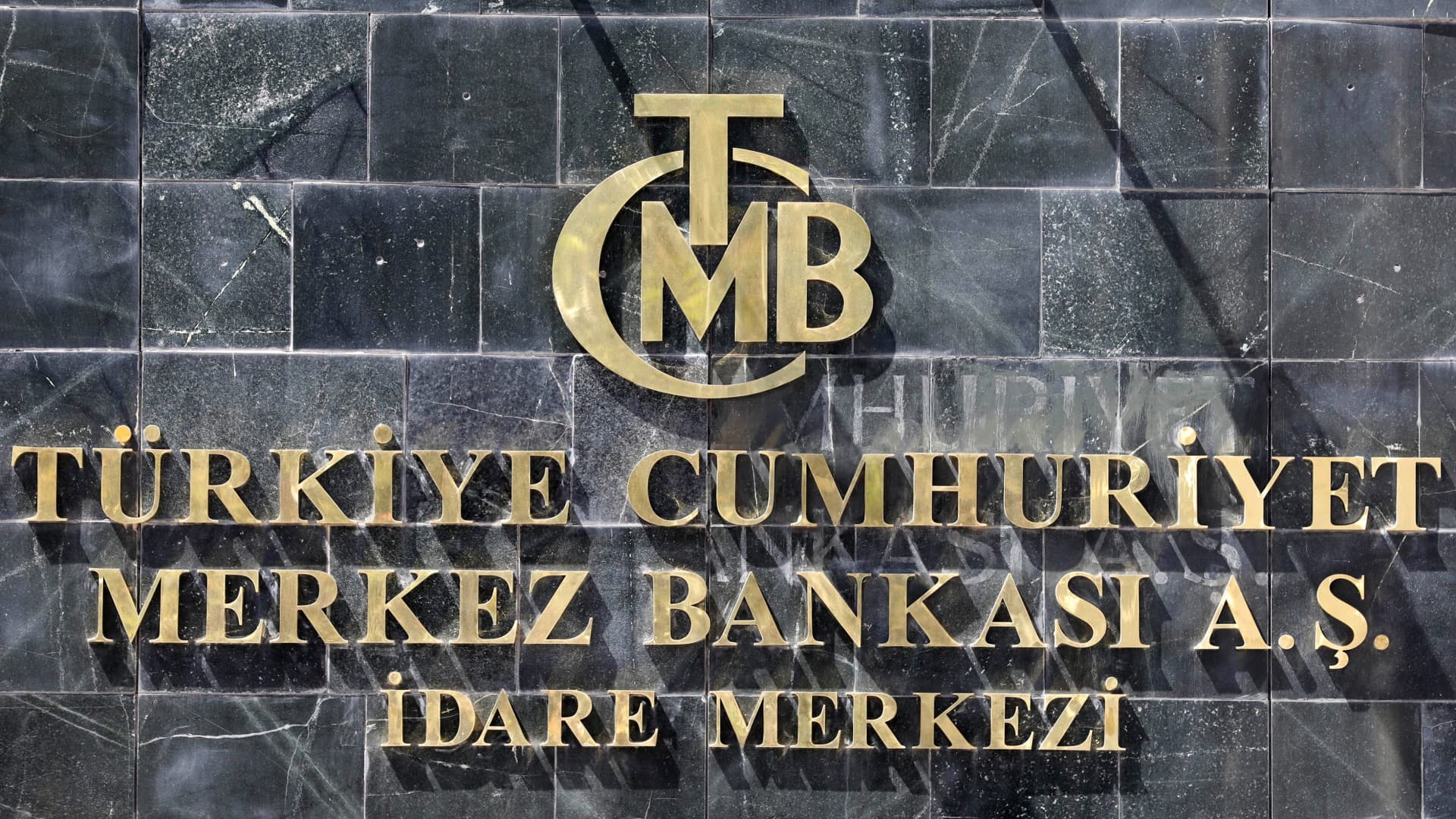It's been mentioned in the central banks buying gold thread that Turkey has been an active buyer of gold lately. Looks like the people of Turkey are trying to follow the central bank's lead:
More:

 www.kitco.com
www.kitco.com
As Turkey struggles with runaway currency devaluation and astronomical inflation, the country is seeing record levels of gold smuggling as citizens’ desperate demand drives local precious metals premiums through the roof.
“Turkey is witnessing a significant increase in gold smuggling, with security forces seizing about 350 kilograms of smuggled gold at border crossings so far this year,” wrote Mackenzie Crow in an article published Thursday. “This figure already surpasses 60% of the total gold seized in the entirety of 2023. A notable incident involved the discovery of 88 kilograms of gold bars, valued over $6 million, hidden under the car seats in the eastern province of Van, near the Iranian border.”
The extreme demand for the precious metal has resulted in a price premium that is 7% above international spot prices, or $5,000 per kilogram, which Crow said is drawing in individuals looking to make a quick profit, as well as organized crime.
“The underlying cause of the smuggling surge is a significant premium on gold within Turkey, driven by a combination of high retail demand and a state-imposed cap on gold imports,” he said. While Turks, like the citizens of most countries, have always relied on gold as a stable store of value in times of economic instability, the current period of rapidly devaluing currency and ever-increasing price inflation has pushed gold demand far beyond anything the country has seen in recent history.
...
More:

Turks turn to gold smugglers in a desperate attempt to preserve what savings they still have
The Kitco News Team brings you the latest news, videos, analysis and opinions regarding Precious Metals, Crypto, Mining, World Markets and Global Economy.


